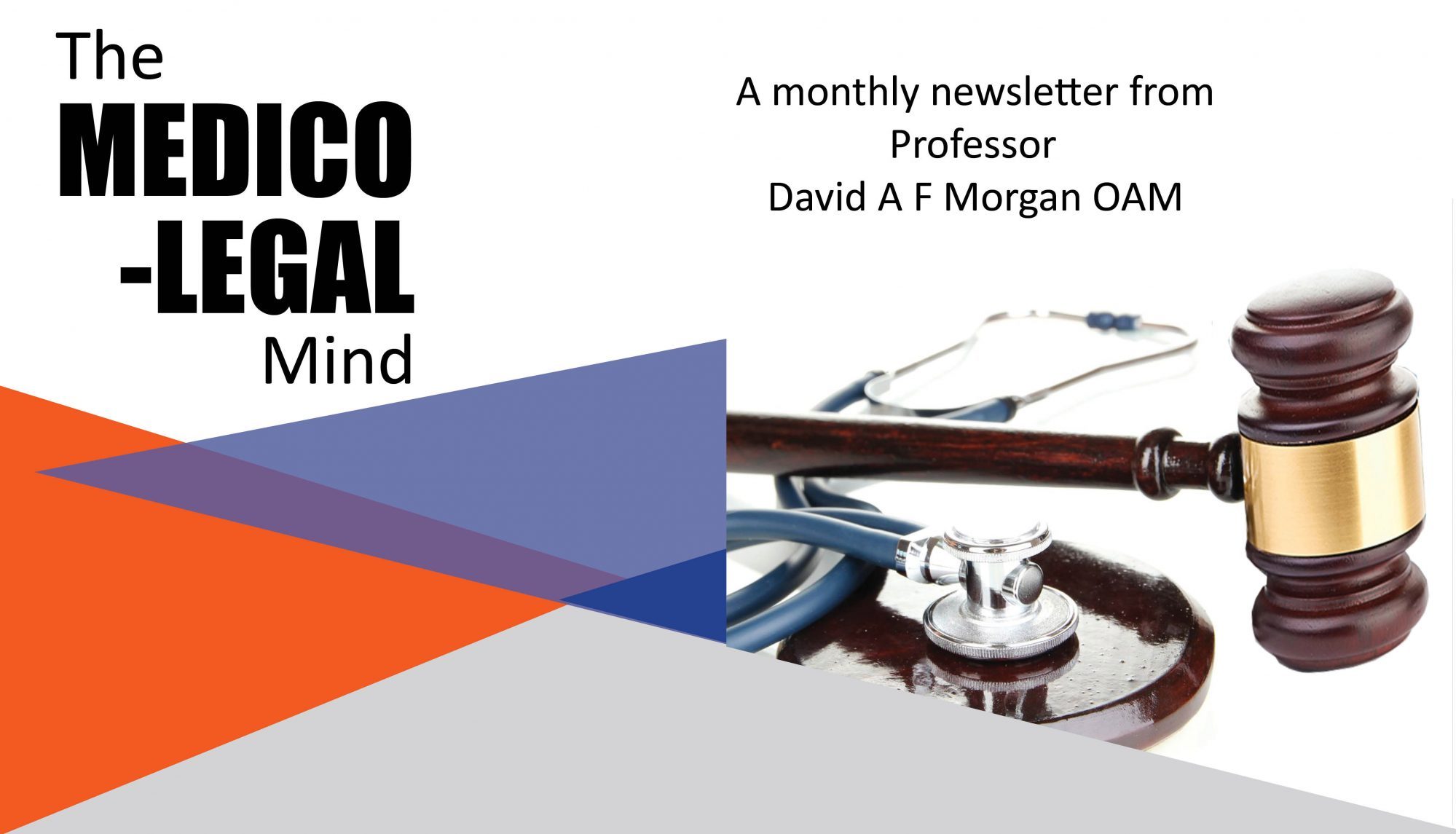GENERAL ADVICE – JULY 2018
Should a Solicitor Accompany a Plaintiff to a Medicolegal Examination?
Well, in reality, that’s up to you.
I estimate that I have performed about 12,000 medicolegal examinations over the last three decades or so. During that time and over that extensive number, I can recall only a few occasions when the solicitor requested that he or she accompany the plaintiff for the medicolegal examination. I regularly undertake examinations in the presence of an interpreter (for obvious reasons), but it seems that most solicitors are happy to allow their clients to attend examinations unaccompanied.

READ MORE
I don’t have any particular strong feelings one way or the other but if ever such a request is made, I always accede. Whilst it would not be prudent for the solicitor to endeavour to manipulate the examination or coerce the expert in his or her findings, some plaintiffs have great difficulty focussing their attention on specific questions and may give erroneous responses.
For example, past medical history is often of vital importance. A plaintiff with a back problem following an injury may be disinclined to mention that he or she had experienced some vague aches and pains a decade or two previously. Clinical records are subsequently sourced and confirm that attendances have been made with a general practitioner or a physiotherapist in the past. This obviously contradicts the categoric denial and can diminish the potency of the history provided by the plaintiff at the time of the examination.
An advising solicitor may recognise that this past history is of little or no significance. Almost all of us experience some back pain at some time or another. Whilst many of us are prepared to take a Panadol or two and put up with it, others are less robust and may seek the advice of a general practitioner or a physiotherapist quite early. Those consultations do not necessarily mean that there was any major structural problem referable to the lumbar spine and similarly, whatever the problem may have been, it may have settled completely. It may have no relevance to the subject claim following the more recent injury.
It is in this setting that an attending solicitor with his or her client may be able to inject some reality into the situation.

I suspect that as this section of law dealing with personal injuries continues to expand, solicitors may take a greater interest in attending with their clients for formal medicolegal examinations and reviews. That attendance would have my support.
